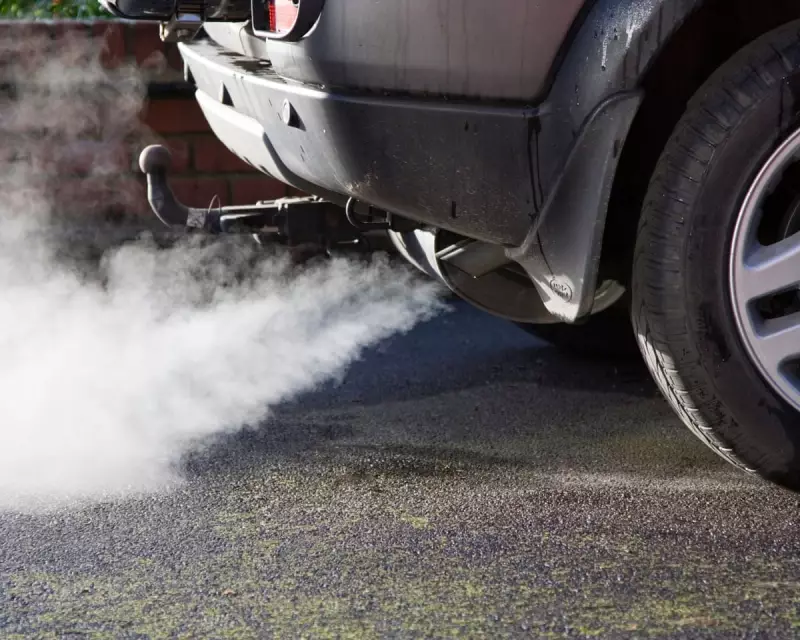
Six of the world's largest automotive manufacturers are facing a landmark legal battle in the UK High Court over allegations they systematically cheated emissions tests, in what's being dubbed 'Dieselgate 2.0'.
The Corporate Defendants
Mercedes-Benz, Ford, Renault, Nissan, Peugeot and Citroën stand accused of installing illegal 'defeat devices' in their diesel vehicles, technology designed to manipulate emissions readings during laboratory testing.
The case represents one of the largest collective actions in UK legal history, with potentially millions of British vehicle owners affected by the alleged deception.
How the Defeat Devices Worked
According to court documents, the sophisticated software systems could detect when vehicles were undergoing emissions testing and temporarily reduce pollution outputs to meet legal standards.
However, during normal road conditions, these vehicles allegedly emitted far higher levels of harmful nitrogen oxides (NOx) than permitted by law - in some cases up to 40 times the legal limit.
Environmental and Health Impacts
The case highlights the serious consequences of excess vehicle emissions:
- Contribution to air pollution in urban areas
- Negative impact on public health, particularly respiratory conditions
- Misleading consumers who believed they were making environmentally conscious choices
- Potential depreciation of vehicle values once the truth emerged
Legal Battle and Consumer Compensation
This High Court trial follows similar cases across Europe and represents a significant moment for consumer rights in the UK. If successful, the litigation could see:
- Substantial compensation payouts to affected vehicle owners
- Increased regulatory scrutiny of vehicle emissions testing
- Potential changes to how emissions compliance is verified
- Strengthened consumer protection laws for automotive purchases
The outcome of this trial could set a precedent for how environmental regulations are enforced in the automotive industry and establish new standards for corporate accountability in the UK market.






